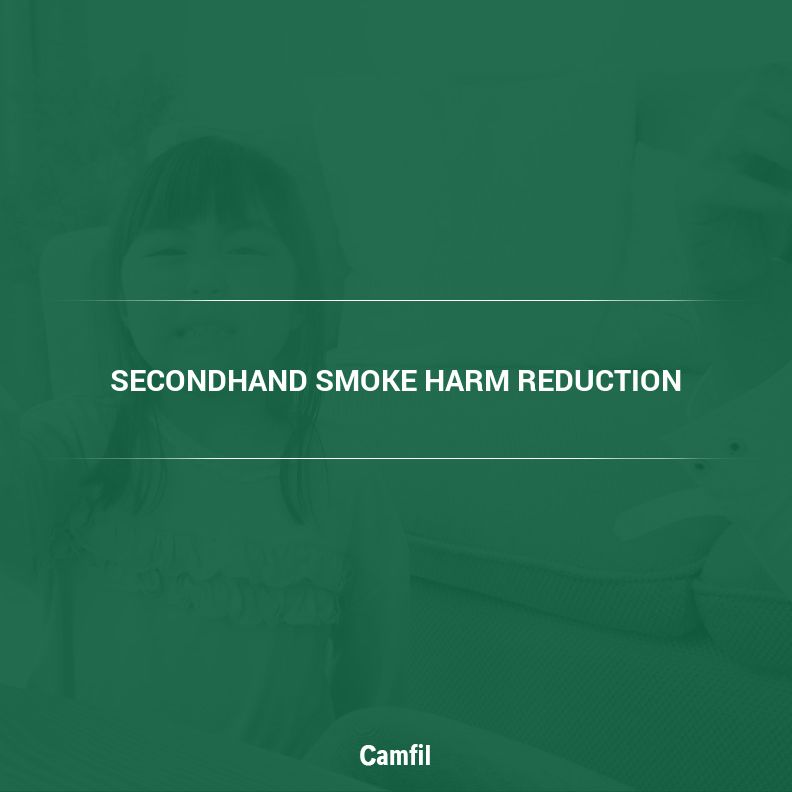
Smoking Bans vs Air Filtration Systems for Secondhand Smoke Harm Reduction — Which Is More Effective
7 minutes to read
The dangers associated with secondhand smoke are undeniable; it is estimated that secondhand smoke causes 7,000 deaths from lung cancer every year in the US alone. To reduce these health risks, many states have implemented smoking bans in public places. However, there is an ongoing debate between proponents of smoking bans and those arguing for air filtration systems as a more effective way to reduce exposure to secondhand smoke. In this article, air quality experts from Camfil compare the effectiveness of smoking bans and air filtration to reduce poor health outcomes for non-smokers that result from secondhand smoke.
Commercial Air Filtration Systems
Air filtration systems can be designed to trap both chemical and particle contaminants suspended in the air before they reach human lungs. Industrial HEPA filters can be used to remove particles from the air such as dust, pollen, mold spores, and smoke. High-efficiency particulate arrestance (HEPA) filters are designed to capture a minimum of 99.97 percent of particles that are 0.3 microns or larger in size; this includes most common irritants found in indoor environments such as cigarette smoke particles.
Molecular filtration systems use activated carbon media to capture contaminants that are smaller than the particles captured by HEPA filters; this includes odors, vapors and gasses from cigarettes and other sources of pollution. Activated carbon traps chemical compounds on its surface through a process...
Read Full Story: https://cleanair.camfil.us/2023/01/27/smoking-bans-vs-air-filtration-systems-for-secondhand-smoke-harm-reduction-which-is-more-effective/
Your content is great. However, if any of the content contained herein violates any rights of yours, including those of copyright, please contact us immediately by e-mail at media[@]kissrpr.com.